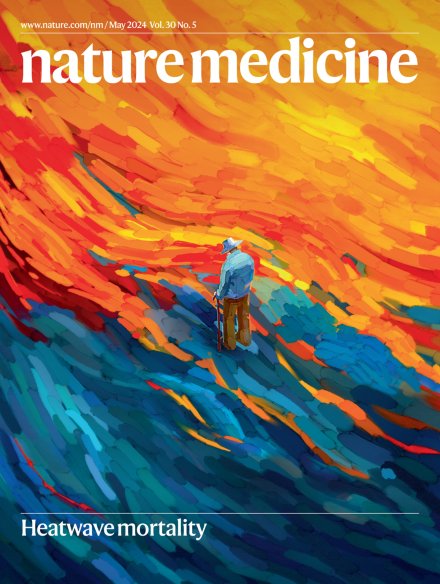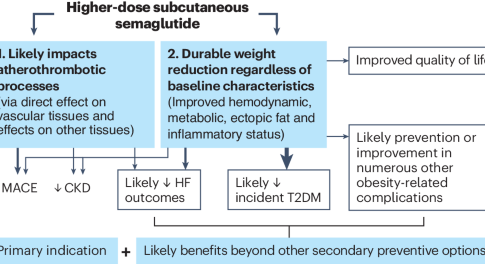
Turning the tide of early cancer detection
Next-generation liquid biopsy technologies that detect fragments of circulating cell-free tumor DNA could be a game-changer in early cancer detection.

Next-generation liquid biopsy technologies that detect fragments of circulating cell-free tumor DNA could be a game-changer in early cancer detection.


Accumulating data support the systemic benefits of semaglutide (and potentially other GLP-1RA-based therapies) in people with obesity, meaning that cardiologists and other clinicians must become familiar with prescribing them — particularly once market competition makes these drugs more accessible.